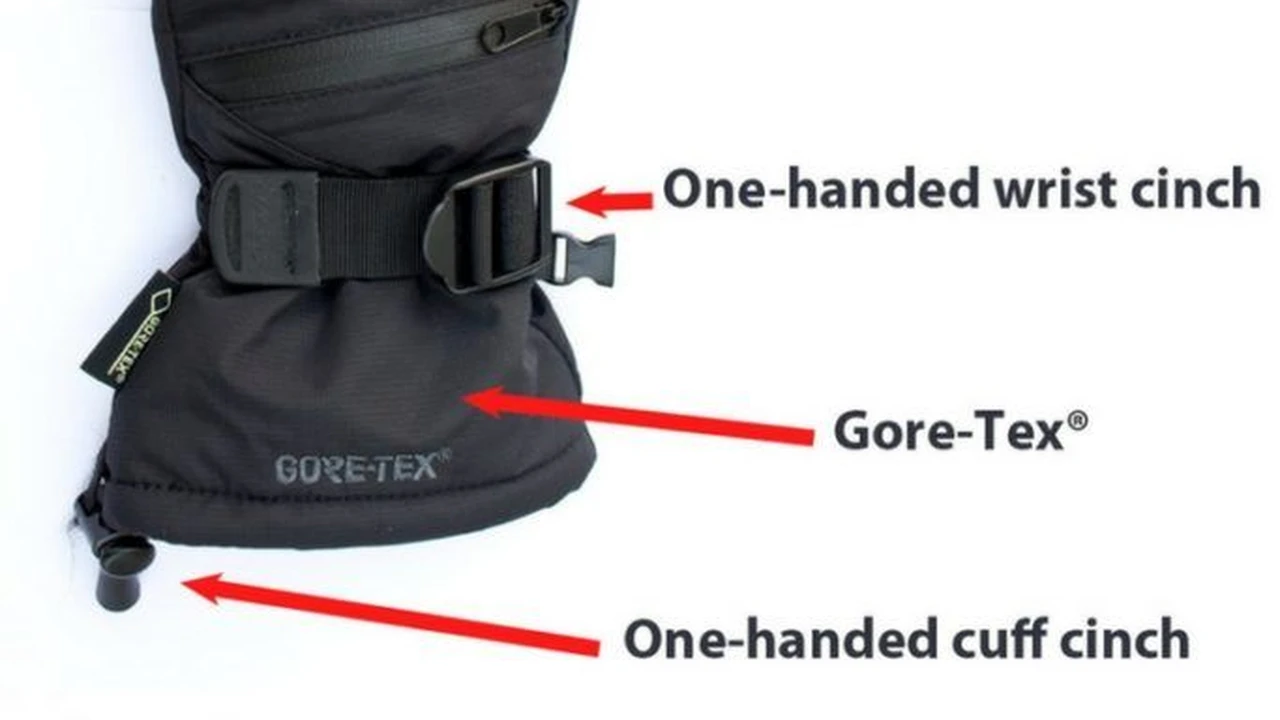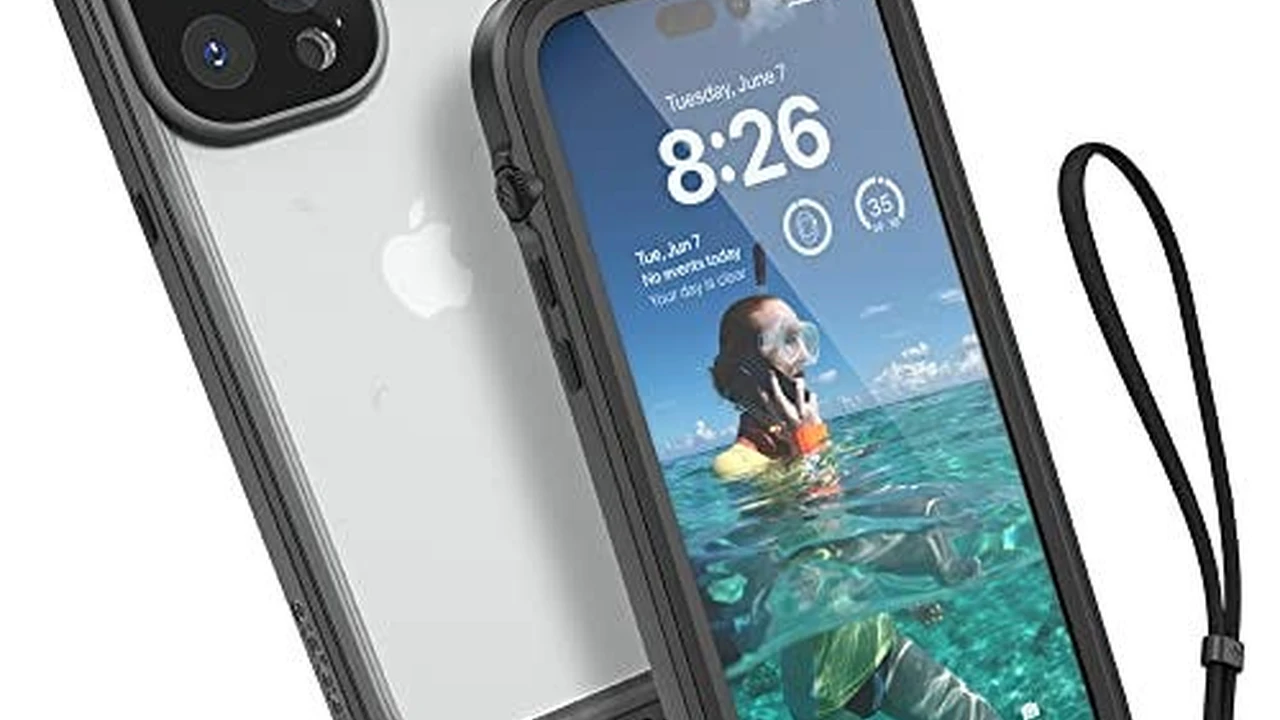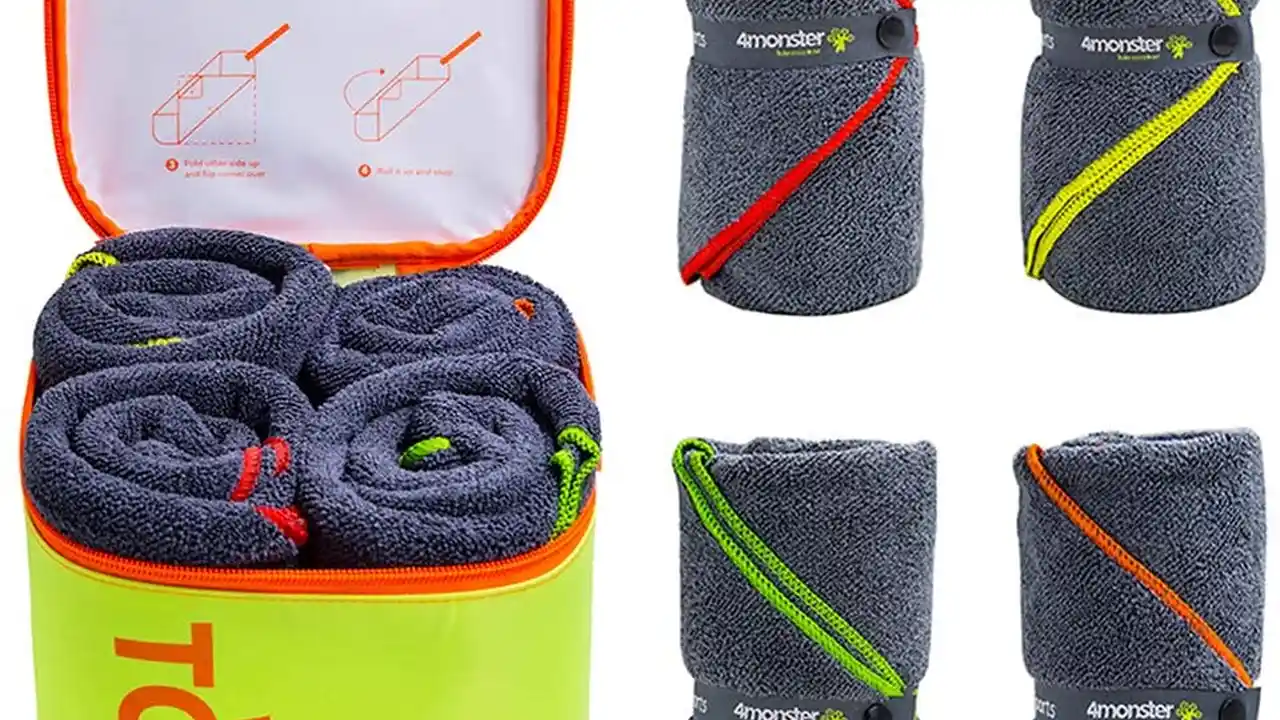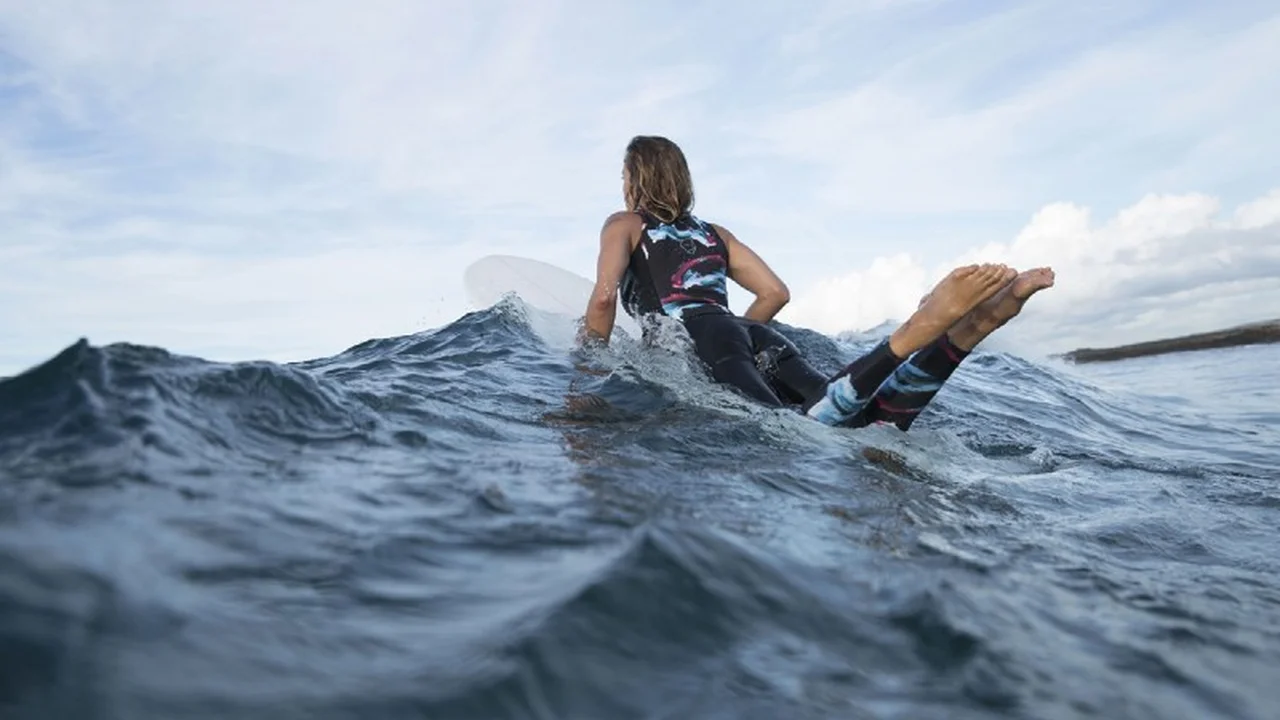Best Water Filters and Purifiers for Camping
Stay hydrated with the best water filters and purifiers for camping. Compare filtration methods, flow rates, and portability for safe drinking water.
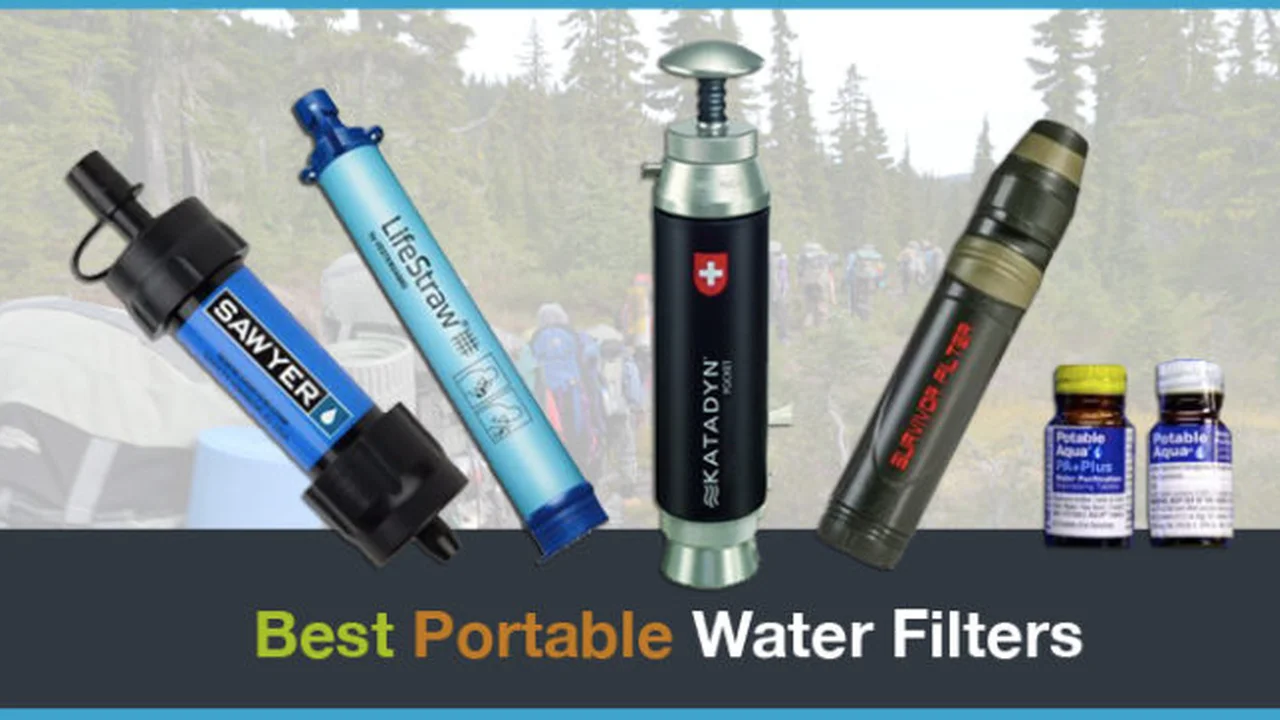
Best Water Filters and Purifiers for Camping
When you're out in the wilderness, whether it's for a short camping trip or an extended backpacking adventure, access to clean, safe drinking water is absolutely non-negotiable. You can pack all the gourmet dehydrated meals you want, but without proper hydration, your trip can quickly turn from an enjoyable escape into a dangerous situation. That's where portable water filters and purifiers come in. These ingenious devices allow you to transform questionable water sources – think murky streams, stagnant ponds, or even rainwater – into potable water, ensuring you stay healthy and hydrated throughout your outdoor escapades.
But with so many options on the market, how do you choose the right one? It's not just about filtering out visible gunk; it's about eliminating microscopic threats like bacteria, protozoa, and even viruses. This comprehensive guide will dive deep into the world of camping water filtration and purification, helping you understand the different technologies, compare top products, and ultimately make an informed decision for your next adventure.
Understanding Water Filtration vs. Water Purification for Outdoor Use
Before we jump into specific products, let's clarify a crucial distinction: filtration versus purification. While often used interchangeably, they refer to different levels of water treatment.
Water Filtration Explained for Campers and Hikers
Water filters typically work by physically removing contaminants from water. They use a porous material, often a hollow fiber membrane or ceramic, with tiny pores that are small enough to block larger particles, sediment, protozoa (like Giardia and Cryptosporidium), and bacteria (like E. coli and Salmonella). Think of it like a very fine sieve. Filters are excellent for improving the taste and clarity of water and are generally sufficient for most backcountry scenarios in developed countries where viral contamination is less common.
Water Purification Methods for Ultimate Safety in Remote Areas
Water purifiers, on the other hand, go a step further. In addition to filtering out bacteria and protozoa, they also neutralize or remove viruses (like Hepatitis A and Norovirus), which are much smaller and can pass through most standard filters. Purification methods often involve chemical treatments (like iodine or chlorine dioxide) or UV light. If you're traveling to developing countries, areas with high human traffic, or places where viral outbreaks are a concern, a purifier is your safest bet.
Key Considerations When Choosing a Camping Water Filter or Purifier
Selecting the perfect water treatment system isn't a one-size-fits-all situation. Your choice will depend on several factors related to your specific needs and the type of trips you take.
Filtration Method and Effectiveness Against Contaminants
As discussed, this is paramount. Do you need protection against just bacteria and protozoa, or do you also need to worry about viruses? Hollow fiber filters are great for bacteria/protozoa. For viruses, look for chemical treatments, UV purifiers, or specialized filters with extremely small pore sizes (often combined with activated carbon).
Flow Rate and Ease of Use for On-the-Go Hydration
How quickly can you get clean water? Some filters offer a rapid flow rate, allowing you to fill a bottle in seconds, while others require more time and effort. Consider how many people you'll be hydrating and how often you'll need to refill. Ease of use also matters – do you prefer a simple squeeze filter, a pump, or a gravity system?
Portability and Weight for Backpacking and Lightweight Camping
Every ounce counts when you're backpacking. Smaller, lighter filters are ideal for solo trips or fast-and-light adventures. For car camping or base camps, you might opt for a larger, heavier system that can handle more volume.
Durability and Longevity for Extended Outdoor Adventures
Your water filter needs to withstand the rigors of the outdoors. Look for robust construction, and consider the filter's lifespan (how many liters it can process) before needing replacement. Some filters can be backflushed or cleaned to extend their life.
Cost and Replacement Filter Availability
Initial cost is a factor, but also consider the long-term expense of replacement filters or purification tablets. Some systems have proprietary filters that can be pricey.
Maintenance and Cleaning Requirements for Optimal Performance
How easy is it to clean and maintain the filter? Some require regular backflushing, while others are more hands-off. Proper maintenance ensures the filter continues to perform effectively and extends its lifespan.
Top Water Filters and Purifiers for Camping: Product Reviews and Comparisons
Let's dive into some of the best and most popular water treatment options available today, categorized by their primary mechanism and ideal use cases.
Best Squeeze Filters for Backpacking and Day Hikes
Squeeze filters are incredibly popular for their simplicity, light weight, and decent flow rates. They typically use hollow fiber membranes.
Sawyer Squeeze Filter System: The Gold Standard for Lightweight Filtration
The Sawyer Squeeze is arguably the most popular and reliable personal water filter on the market. It's incredibly lightweight, compact, and boasts an impressive filter lifespan (up to 100,000 gallons if properly maintained). It effectively removes 99.99999% of all bacteria (like Salmonella, Cholera, and E. coli) and 99.9999% of all protozoa (like Giardia and Cryptosporidium). It comes with a collapsible pouch that you fill with dirty water, then squeeze through the filter into your clean bottle or directly into your mouth. You can also attach it inline with a hydration bladder or screw it onto most standard plastic water bottles.
- Pros: Extremely lightweight, very high flow rate, long lifespan, versatile attachment options, affordable.
- Cons: Can be difficult to squeeze when pouches are full, doesn't remove viruses, pouches can be fragile.
- Ideal Use: Backpacking, day hikes, emergency kits, international travel where viruses aren't a primary concern.
- Price: Around $30-$40 USD.
- Specific Scenario: Imagine you're on a multi-day thru-hike. You come across a clear mountain stream. Simply scoop water into the Sawyer pouch, attach the filter, and squeeze directly into your water bottle. Instant, safe hydration without breaking your stride.
Katadyn BeFree Water Filter: Fast Flow and Easy Cleaning
The Katadyn BeFree is another excellent squeeze filter known for its exceptionally fast flow rate and easy cleaning. It uses a 'EZ-Clean Membrane' that you can simply swish in water to clean, rather than backflushing. It filters down to 0.1 microns, removing bacteria and protozoa. It comes with a soft, collapsible 'Hydrapak' flask that's easy to fill and pack.
- Pros: Super fast flow rate, very easy to clean, lightweight, compact.
- Cons: Shorter lifespan than Sawyer (around 1,000 liters), flask can be less durable than hard bottles.
- Ideal Use: Fast-and-light backpacking, trail running, day hikes where speed of filtration is key.
- Price: Around $40-$50 USD.
- Specific Scenario: You're on a challenging trail run and need to quickly refill your soft flask from a small spring. The BeFree's rapid flow means you're back on the trail in seconds, minimizing downtime.
Top Pump Filters for Group Camping and Reliable Filtration
Pump filters are more robust and often offer better flow rates for larger volumes of water, making them suitable for groups or base camps. They typically have a ceramic or hollow fiber element and can often be cleaned in the field.
MSR Guardian Purifier: Military-Grade Virus Protection
The MSR Guardian is a serious piece of kit, originally developed for military use. It's a true purifier, removing not just bacteria and protozoa, but also viruses, making it suitable for any water source, anywhere in the world. It boasts an incredibly fast flow rate and is self-cleaning, expelling dirty water with each pump stroke. It's built like a tank and designed for extreme durability.
- Pros: Removes viruses, extremely durable, very fast flow rate, self-cleaning, long lifespan (10,000+ liters).
- Cons: Heavy and bulky compared to squeeze filters, expensive.
- Ideal Use: International travel, expeditions, group camping, emergency preparedness, situations where viral contamination is a high risk.
- Price: Around $300-$350 USD.
- Specific Scenario: You're leading a research expedition in a remote, undeveloped region with questionable water sources. The MSR Guardian provides peace of mind, ensuring everyone has access to virally safe drinking water, even from stagnant ponds.
Katadyn Hiker Pro Microfilter: Reliable and User-Friendly Pump Filter
The Katadyn Hiker Pro is a popular choice for its balance of performance, ease of use, and reasonable price. It uses a pleated glassfiber filter to remove bacteria and protozoa, and it also includes an activated carbon core to reduce chemicals, pesticides, and improve taste. It's relatively lightweight for a pump filter and has a good flow rate.
- Pros: Good flow rate, activated carbon for taste, easy to use and maintain, relatively lightweight for a pump.
- Cons: Doesn't remove viruses, filter element needs replacement.
- Ideal Use: Group backpacking, car camping, situations where taste improvement is desired.
- Price: Around $80-$100 USD.
- Specific Scenario: You're on a family camping trip near a lake. The Hiker Pro allows you to quickly pump water from the lake into multiple water bottles, and the activated carbon ensures it tastes fresh and clean for everyone.
Gravity Filters for Base Camps and Large Volume Filtration
Gravity filters are fantastic for groups or base camps where you need to process a large volume of water with minimal effort. You simply fill a dirty water reservoir, hang it up, and gravity does the rest.
Sawyer Squeeze Filter System (with Gravity Kit): Versatile and Efficient
While the Sawyer Squeeze is a personal filter, it truly shines when paired with a gravity kit. You can buy a dedicated Sawyer Gravity System or simply use your existing Squeeze filter with a larger dirty water bag and a hose. This setup allows you to filter several liters of water at once, hands-free, while you set up camp or prepare a meal.
- Pros: High volume filtration, hands-free operation, long filter lifespan, relatively lightweight for group use.
- Cons: Doesn't remove viruses, requires a hanging point.
- Ideal Use: Group camping, base camps, canoe trips, situations where you need a steady supply of clean water.
- Price: Sawyer Gravity System around $60-$80 USD (or just buy the Squeeze and a larger bag).
- Specific Scenario: You've set up a multi-tent base camp for a week-long climbing trip. You fill a 4-liter Sawyer gravity bag from a nearby river, hang it from a tree, and let it filter clean water into a large water jug, providing easy access for cooking and drinking for the entire group.
Platypus GravityWorks Water Filter System: Fast and User-Friendly Gravity Filtration
The Platypus GravityWorks is a dedicated gravity filter system known for its incredibly fast flow rate and ease of use. It comes with two bags (dirty and clean) and a hollow fiber filter. You simply fill the dirty bag, connect it to the clean bag via the filter, and let gravity do the work. It's designed for high-volume, hands-free filtration.
- Pros: Extremely fast flow rate, high volume, easy to use, no pumping required.
- Cons: Doesn't remove viruses, can be bulky when packed, requires a hanging point.
- Ideal Use: Group backpacking, car camping, river trips, any scenario requiring large quantities of filtered water.
- Price: Around $120-$150 USD.
- Specific Scenario: You're on a canoe trip with friends, and you've found a great spot to camp for the night. You quickly fill the GravityWorks dirty bag from the lake, hang it from a branch, and within minutes, you have enough clean water for cooking dinner and refilling everyone's bottles for the next day.
UV Purifiers for Virus Protection and Chemical-Free Treatment
UV purifiers use ultraviolet light to destroy the DNA of bacteria, protozoa, and viruses, rendering them harmless. They are chemical-free and relatively fast, but require batteries and clear water (pre-filtering might be necessary).
Steripen Ultra UV Water Purifier: Compact and Effective Virus Killer
The Steripen Ultra is a compact, rechargeable UV purifier that's excellent for personal use, especially when viral contamination is a concern. You simply immerse the UV lamp in your water bottle and stir until the light indicates purification is complete (usually 90 seconds for 1 liter). It's effective against viruses, bacteria, and protozoa.
- Pros: Kills viruses, no chemicals, compact, rechargeable, improves taste (no chemical aftertaste).
- Cons: Requires batteries (though rechargeable), water must be clear (pre-filter often needed), fragile UV bulb, doesn't remove particulates.
- Ideal Use: International travel, emergency kits, situations where viral protection is paramount and water is relatively clear.
- Price: Around $100-$120 USD.
- Specific Scenario: You're traveling through Southeast Asia and want to ensure your drinking water is safe from local pathogens. The Steripen allows you to quickly purify bottled water or tap water (if pre-filtered for clarity) in your hotel room, avoiding single-use plastic bottles.
Chemical Treatments for Lightweight Emergency Purification
Chemical treatments, typically chlorine dioxide tablets or drops, are incredibly lightweight and compact, making them ideal for emergency kits or as a backup. They kill bacteria, protozoa, and viruses, but require a waiting time.
Katadyn Micropur Forte Water Purification Tablets: Reliable Backup and Emergency Use
Micropur Forte tablets use chlorine dioxide to purify water, effectively killing bacteria, viruses, and Giardia. They are extremely lightweight and have a long shelf life, making them perfect for emergency kits or as a backup to your primary filter. Each tablet treats 1 liter of water, with a waiting time of 30 minutes for bacteria/viruses and 4 hours for Giardia.
- Pros: Kills viruses, extremely lightweight and compact, long shelf life, affordable.
- Cons: Requires waiting time, can leave a slight chemical taste (though less than iodine), doesn't remove particulates.
- Ideal Use: Emergency preparedness, ultralight backpacking, backup purification, international travel.
- Price: Around $15-$20 USD for a pack of 30 tablets.
- Specific Scenario: Your primary water filter unexpectedly clogs or breaks down deep in the backcountry. You pull out your emergency Micropur Forte tablets, drop one into your water bottle, and after the waiting period, you have safe drinking water to continue your hike.
Maintenance and Best Practices for Your Water Treatment System
To ensure your water filter or purifier lasts and performs optimally, proper maintenance is key. Neglecting your system can lead to reduced flow rates, decreased effectiveness, or even damage.
Regular Cleaning and Backflushing for Filter Longevity
For hollow fiber filters like Sawyer and Katadyn BeFree, regular backflushing (forcing clean water back through the filter) is crucial. This dislodges trapped particles and restores flow rate. Follow the manufacturer's instructions for your specific model. Ceramic filters often require scrubbing with a brush to remove buildup.
Proper Storage to Prevent Contamination and Damage
After each trip, ensure your filter is thoroughly cleaned and dried before storage. Storing a wet filter can lead to mold or mildew growth, which can damage the filter element and introduce contaminants. For pump filters, ensure all components are dry. Store in a cool, dry place away from direct sunlight.
Freezing Prevention for Hollow Fiber Filters
This is a critical point for hollow fiber filters: DO NOT LET THEM FREEZE. If the tiny hollow fibers freeze, any residual water inside will expand, rupturing the fibers and rendering the filter useless and unsafe. Always keep your hollow fiber filter in your sleeping bag or a warm pocket in freezing temperatures. If you suspect it has frozen, it's best to replace it.
Knowing When to Replace Your Filter or Purifier Components
All filters and purifiers have a lifespan, usually measured in liters. Keep track of how much water you've processed. While some filters like Sawyer have extremely long lifespans, others like the Katadyn BeFree or pump filter elements need more frequent replacement. UV bulbs also have a limited number of uses. Always have a replacement plan or a backup method.
Final Thoughts on Staying Hydrated in the Wild
Choosing the right water filter or purifier is a vital part of preparing for any outdoor adventure. By understanding the different technologies, considering your specific needs, and investing in a quality product, you can ensure you always have access to safe, clean drinking water, no matter where your journey takes you. Remember to practice proper maintenance, and always have a backup plan for water treatment, just in case. Happy trails, and stay hydrated!
:max_bytes(150000):strip_icc()/277019-baked-pork-chops-with-cream-of-mushroom-soup-DDMFS-beauty-4x3-BG-7505-5762b731cf30447d9cbbbbbf387beafa.jpg)



